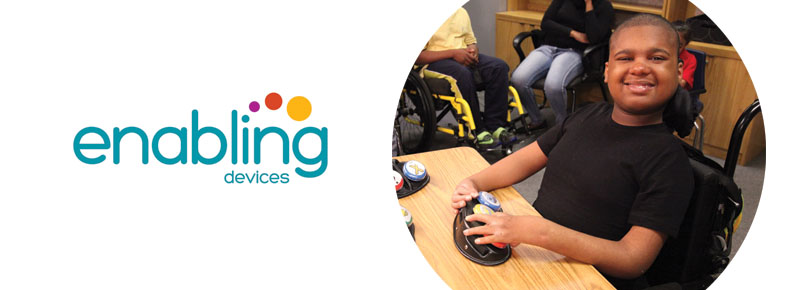April is Autism
month, and the beloved public television show, Sesame Street, will celebrate
the occasion with the TV debut of a brand-new character named Julia!
Though Julia,
an adorable four-year-old Muppet with autism was first introduced in 2015, as part of nonprofit educational
organization, Sesame Workshop’s online autism initiative, her prior appearances
were limited to Sesame Street’s website, e-books, app and videos. On April 10,
viewers of Sesame Street will meet Julia— the first new character to join the
furry Muppet clan in ten years—for the first time.
According to a
press release, Julia’s debut evidences the start of a “rich new phase of the [autism]
initiative,” known as Sesame Street and Autism: See the
Amazing in All Children
… and signals “a strong, continuing commitment to the autism community.” Julia’s
role has expanded because her creators realize that she can have reach more
people and have a greater impact if the show’s viewers get to know her.




